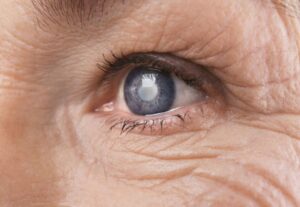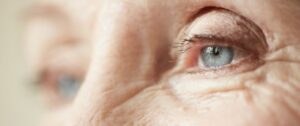Frequently Asked Questions About Cataracts
This is one of the most common ophthalmic diseases. A cataract is a type of fog or cloud that forms on the lens, which results in a decrease in passing light through your eyes and a reduction of visual acuity. The lens is a transparent lens, the main task of which is to conduct light and refract it so that the image on the retina is clear.
The good thing is that this condition can be managed through surgery. Dr Cameron Brisbane is one of the best experts to handle this procedure. There are several questions most people ask about the condition or the procedure. Here are some of them.
Why Does a Cataract Occur?
Cataracts occur due to various causes: One is malnutrition of the eye tissues associated with age, trauma, diabetes, radiation exposure, eye conditions (for example, high myopia and glaucoma), hereditary characteristics of the body, or inflammatory autoimmune diseases. Also, stress has a great influence on the development of cataracts.
occur due to various causes: One is malnutrition of the eye tissues associated with age, trauma, diabetes, radiation exposure, eye conditions (for example, high myopia and glaucoma), hereditary characteristics of the body, or inflammatory autoimmune diseases. Also, stress has a great influence on the development of cataracts.
What Are the Main Symptoms of Cataracts?
Decreased vision while reading, a gradual increase in hyperopia are often the first signs of cataract development. In the future, the colors gradually lose their contrast, fog appears. Gradually, these phenomena intensify, up to a decrease in vision to the level of light perception. That is, the person practically goes blind.
Does a Cataract Affect Both Eyes at Once or One of Them?
Usually, cataracts develop individually in each eye. In the classical variant of the development of the disease as a result of aging processes, cataracts can develop symmetrically in both eyes, while in one of them, it is usually more pronounced.
Is it Possible to Do Without Cataract Surgery?
To date, the only way to eliminate the pathology is a microsurgical operation. This involves removing the dimmed lens of the eye before replacing it with a feigned lens or, in “medical language,” an intraocular lens. In terms of its optical properties, an intraocular lens is similar to a natural lens. It is very reliable and can stand in the eye for a lifetime.
Changes in the lens are irreversible, and no drops, special glasses, diet, or exercise can “force” it to become transparent again. There is a widespread belief that vitamin drops help slow down the process of further development of cataracts. However, this claim is not supported by any serious research. So it’s impossible to say with certainty that this is really so.…
the lens are irreversible, and no drops, special glasses, diet, or exercise can “force” it to become transparent again. There is a widespread belief that vitamin drops help slow down the process of further development of cataracts. However, this claim is not supported by any serious research. So it’s impossible to say with certainty that this is really so.…



